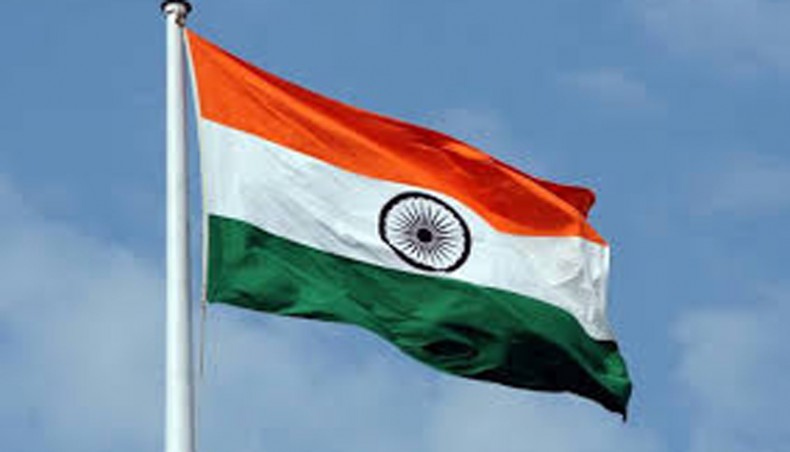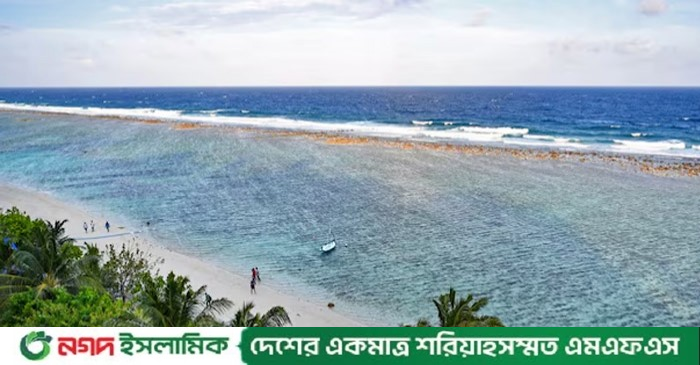Indian navy to open strategic base near Maldives
Agence France-Presse . New Delhi, India | Published: 13:31, Mar 03,2024 | Updated: 22:20, Mar 03,2024


The national flag of India.
India’s navy has said that it is bolstering forces on ‘strategically important’ islands close to the Maldives, with a new base set to open just days before Male starts sending home Indian forces.
Relations between India and the Maldives have soured since pro-China President Mohamed Muizzu won elections last year after promising to expel Indian forces.
India is suspicious of China’s growing presence in the archipelago nation, which straddles key east-west international shipping routes, and the new base will extend New Delhi’s ‘operational surveillance’ of the area, the navy said in a statement late Saturday.
Muizzu has asked India to withdraw 89 security personnel based in the Maldives to operate reconnaissance aircraft, with the first batch due to leave by March 10 and all to depart within two months.
The new base, opening March 6 on India’s Lakshadweep islands, will turn an existing small detachment into an ‘independent naval unit’, according to the navy’s statement.
India’s Lakshadweep islands lie about 130 kilometres (80 miles) north of the Maldives, with the new naval base on the island of Minicoy situated at their closest point.
India’s navy already has a base on the Lakshadweep island of Kavaratti, but the new base will be about 258 kilometres (160 miles) closer to the Maldives.
‘Minicoy is the southernmost island of Lakshadweep which straddles the vital sea lines of communications,’ the navy said.
It said the base will boost anti-piracy and anti-narcotic operations, and was part of a policy to ‘incrementally augment security infrastructure at the strategically important’ islands.
Last edited:















